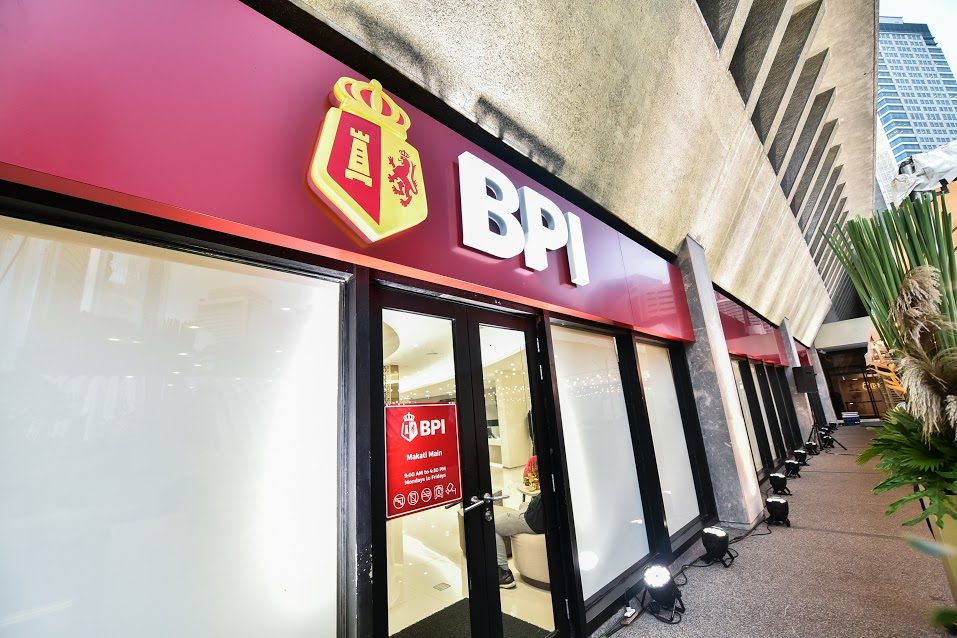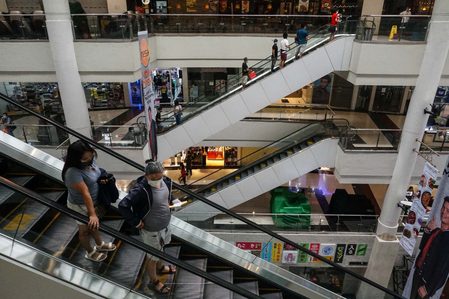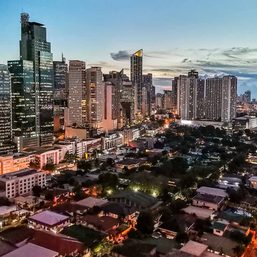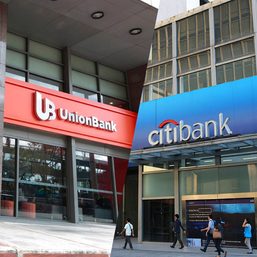SUMMARY
This is AI generated summarization, which may have errors. For context, always refer to the full article.

The Philippines’ 4th largest bank saw more bad loans in the 3rd quarter amid the coronavirus crisis, prompting it to set aside more cash for buffer.
Ayala-led Bank of the Philippine Islands (BPI) told the Philippine Stock Exchange on Wednesday, October 21, that it booked P21.06 billion in loan loss provisioning, in anticipation of an increase in non-performing loan (NPL) levels amid a weak economy.
That is 4.6 times more than the P4.58 billion set aside during the same period in 2019. (READ: Philippine economy to recover slower vs most peers – World Bank)
Higher provisions resulted in BPI’s net income dropping by 22.1% to P17.17 billion in the first 9 months of the year from the P22.03 billion in 2019.
The bank’s NPL ratio, which shows the amount of non-performing loans in a bank’s loan portfolio, stood at 2.98% as of September. While this figure is still considered quite manageable, this is higher than the 1.83% reported last July.
Meanwhile, BPI said its NPL coverage ratio is at 100.4%, which means that the bank can absorb potential losses in the future.
Its 3rd quarter earnings dropped 33.7% to P5.5 billion from last year’s P8.29 billion.
Total revenues for the 9-month period increased by 9.7% to P77.88 billion, while net interest income grew by 11.8% to P54.4 billion.
Meanwhile, non-interest income reached P23.48 billion, 5.1% higher compared to 2019, primarily from securities trading gains.
BPI reported lower operating expenses as it spent less on marketing, advertising, management, and professional fees.
As of September, total loans stood at P1.38 trillion, higher by 0.9% mainly due to mortgage and corporate loans, which went up by 8.7% and 2.6%, respectively. – Rappler.com
Add a comment
How does this make you feel?


![[Finterest] What exactly does a bank do, and how can they help you?](https://www.rappler.com/tachyon/2022/09/shutterstock-philippine-peso.jpg?resize=257%2C257&crop=329px%2C0px%2C900px%2C900px)



There are no comments yet. Add your comment to start the conversation.